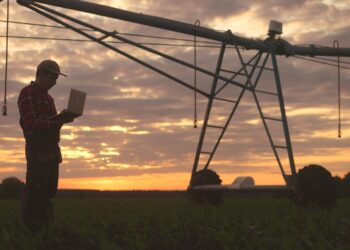Growth could nevertheless pick up in the second quarter.
Data from Statistics Canada released later today is expected to show the Canadian economy shrank in November from the previous month as evidence mounts that growth slowed in the last quarter of 2018.
GDP is expected to have contracted by 0.1% in November from 0.3% in October, according to a poll of analysts carried out by Bloomberg.
According to economists, the reasons are various: a combination of plunging oil prices, U.S.-China trade tensions hitting equity markets and fallout from the Bank of Canada’s fifth interest rate hike since mid 2017 in late October.
There was similar evidence in numbers released last week that showed wholesale, retail and manufacturing activity all contracted in November.
Statistics Canada has already reported that wholesale trade fell by 1% in November to $63 billion, following a 0.7% increase in October. Manufacturing sales fell 1.4% to $57 billion in November, marking the second consecutive monthly decline. Elsewhere, retail sales fell by 0.9% to $50.4 billion in the same month.
Some economists have even cut their growth forecasts for the last three months of 2018.
Benjamin Reitzes of BMO Capital Markets shaved 0.3% from his fourth quarter growth forecast to 1.2% — below the Bank of Canada’s prediction of 1.3% growth.
“The uncertainty surrounding housing, trade and oil will take at least a few months to clear up.” Reitzes told CBC Jan. 25. “And, given the first quarter data will likely remain weak, expect the near-term to be somewhat nerve-wracking for the Bank of Canada and Canadian markets.”
Economists believe that evidence of a slowing economy suggests the Bank of Canada will put the brakes on further interest rates hikes for now.
Economists at National Bank of Canada told CBC last week that the central bank should wait until at least the second half of the year before contemplating further hikes.
On a positive note, Royce Mendes, senior economist at CIBC Markets, told CBC that growth could rebound in the second quarter when Alberta’s oil production comes back online. He thinks the first quarter of 2019 is when the economy will be hardest hit.
“That’s when the greatest drag will be felt from the oil production cuts, even if other parts of the economy pick back up a bit,” Mendes said.












